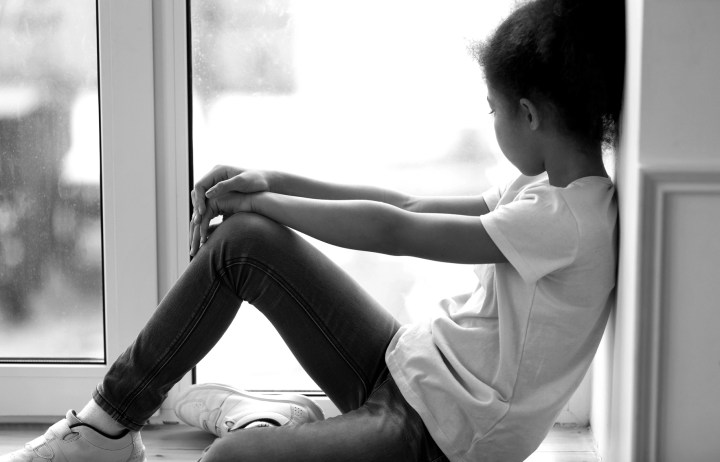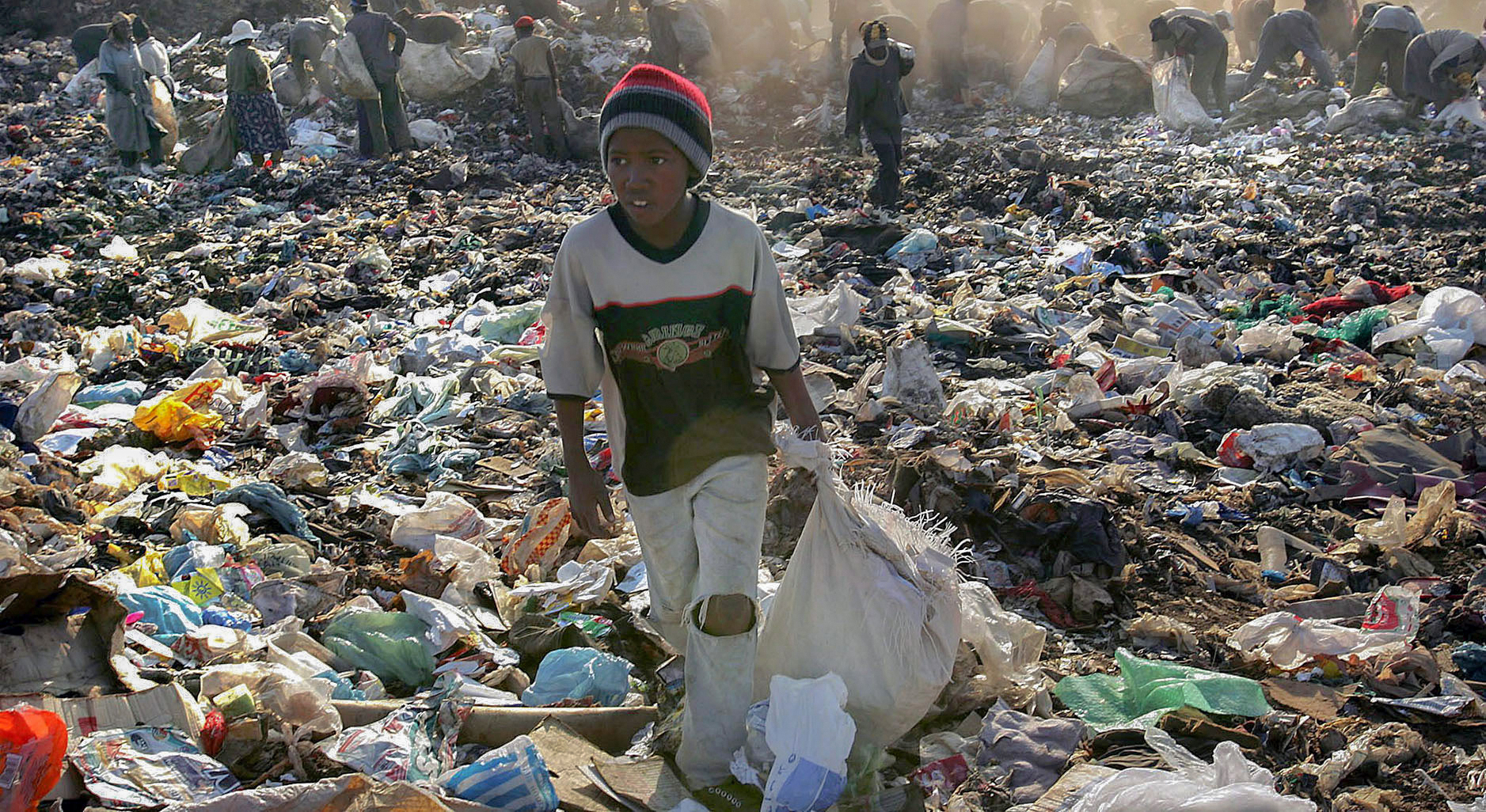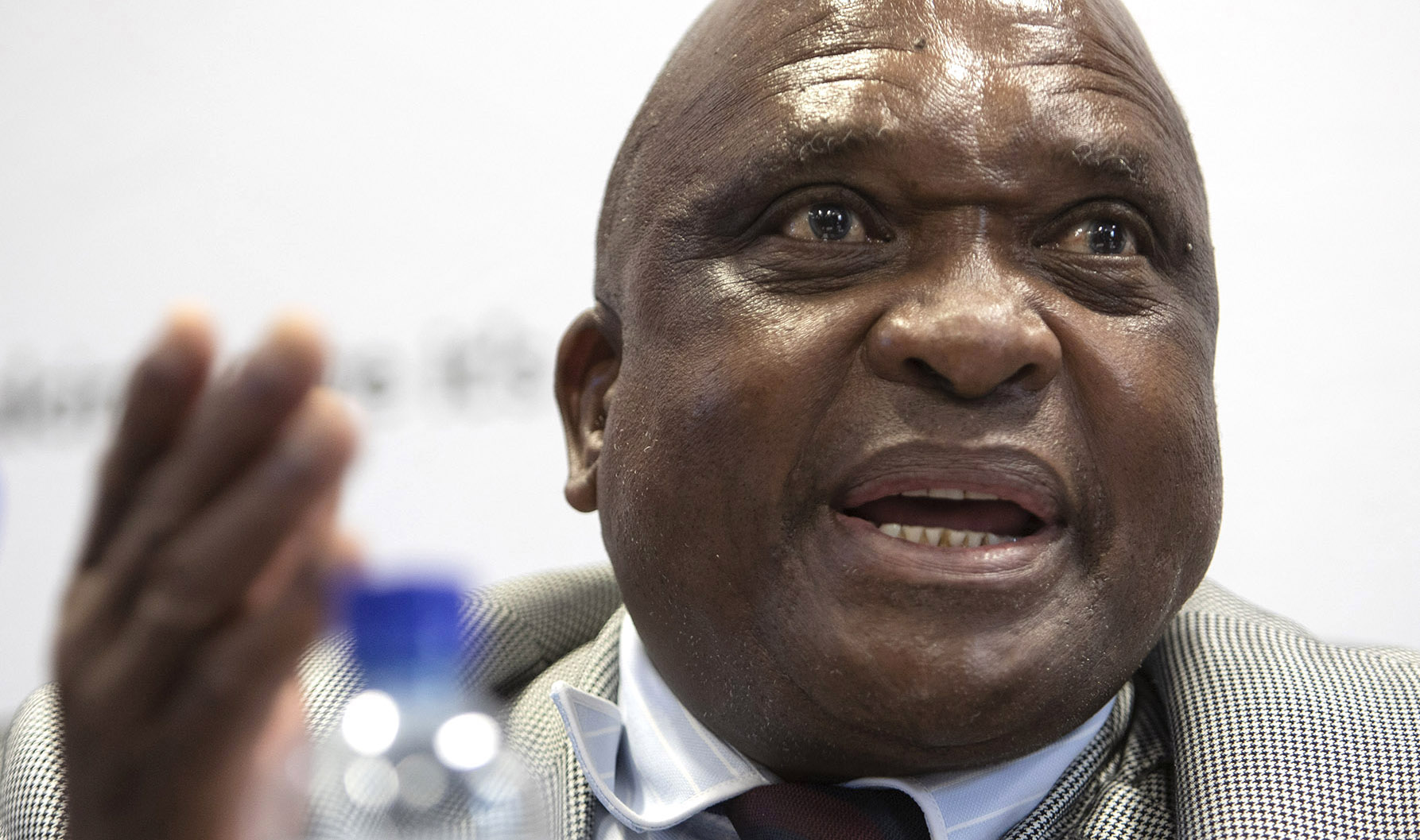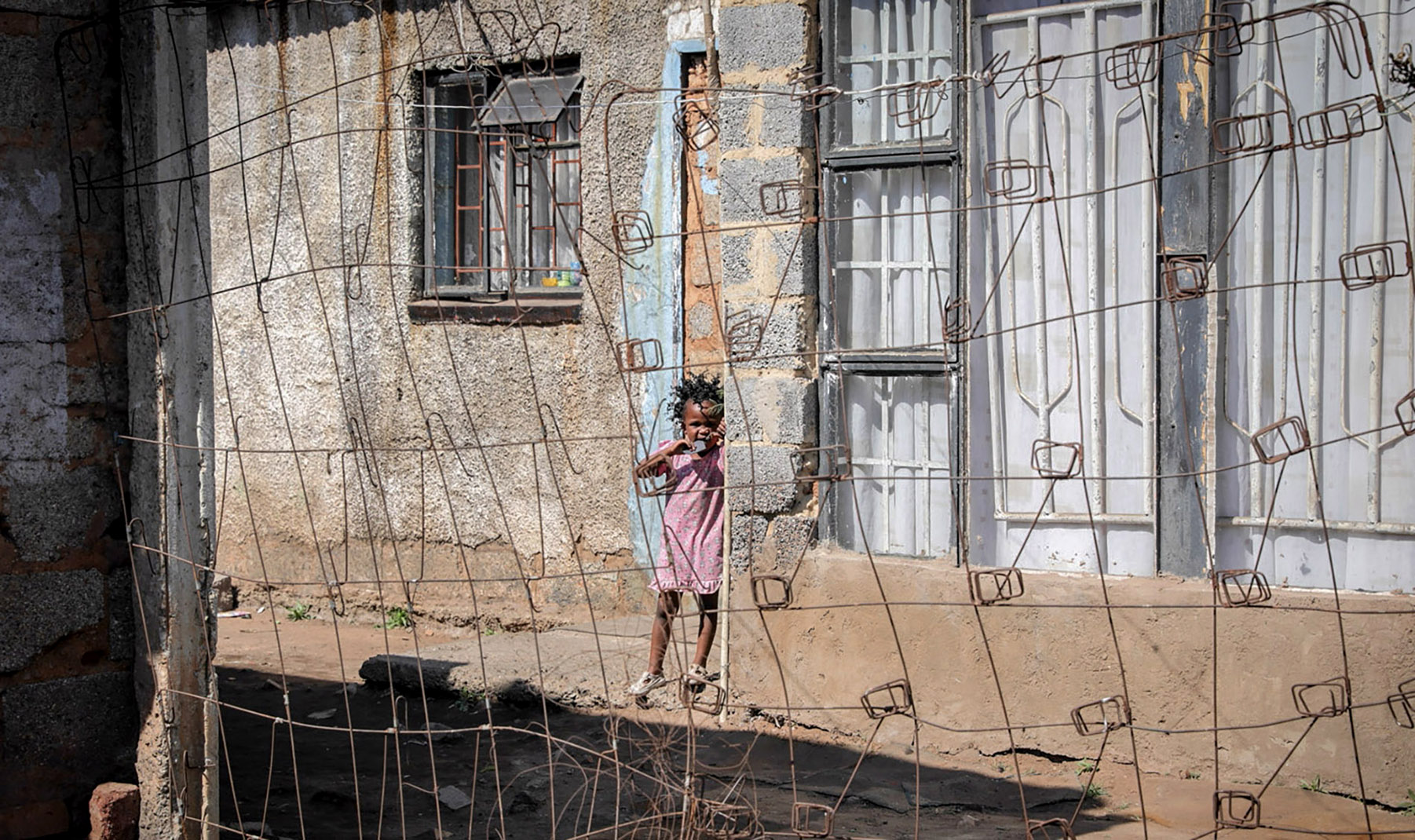YOUNG AT RISK OP-ED
A call to action – it’s time to talk about child and adolescent mental health

Child and adolescent mental health services are in crisis. There are only 15 child and adolescent psychiatrists working in the public health system and they remain concentrated in urban centres, while mental health services for young people are extremely limited at district level – leaving a staggering nine in every 10 children with a diagnosable mental disorder unable to access treatment.
The 2022 issue of the South African Child Gauge highlights how children in South Africa face extraordinarily high levels of adversity that put their mental health at risk:
- Two-thirds of children (63%) live below the upper-bound poverty line in households where the stresses of trying to meet children’s basic needs increases the risk of violence and conflict in the home; and
- Nearly one in two of our children (42%) have experienced violence, including physical violence (35%) and sexual abuse (35%), and findings from the Birth-to-Thirty cohort study indicate that in Soweto 99% of children have either witnessed or experienced violence in their homes, schools and/or communities.
These adverse childhood experiences can have a profound impact on children’s mental health that extends across the life course and give rise to an intergenerational cycle of poverty, violence and mental ill health.
It’s therefore not surprising that more than one in 10 children in South Africa have a diagnosable and treatable mental disorder. This includes neurodevelopmental disorders such as ADHD and autism as well as depression, anxiety, post-traumatic stress disorder, conduct, learning and substance-use disorders – with suicide a leading cause of death in older adolescents.

Youngsters on school holiday collect paper and metal to make money for their mothers on a rubbish dump in Soweto. (Photo: EPA / Kim Ludbrook)
Without adequate support, children may struggle at school, with higher rates of absenteeism, grade repetition and dropout, in ways that undermine their education and economic prospects.
Others may start to self-medicate with substances or resort to self-harm to cope with their symptoms, and others channel their anger and distress outwards through disruptive, harmful and some instances criminal behaviour.
Fifty-percent of adult mental disorders originate before the age of 14. Early intervention in childhood and adolescence is therefore key.
A massive treatment gap
Yet child and adolescent mental health (CAMH) services in South Africa are in crisis.
There are only 15 child and adolescent psychiatrists working in the public health system and they remain concentrated in urban centres, while mental health services for young people are extremely limited at district level – leaving a staggering nine in every 10 children with a diagnosable mental disorder unable to access treatment.
Read in Daily Maverick: “Child and adolescent mental health services are in crisis, says report – this is what the Health Department aims to do about it”
Few health facilities have dedicated facilities for children and adolescents with acute mental illness. As a result, adolescents are kept in adult wards where they may be exposed to adult psychiatric patients and assessed by staff who lack the appropriate skills and expertise.
The 2003 National Policy Guidelines on Child and Adolescent Mental Health and the 2013-2020 National Mental Health Policy Framework both recognise the need to strengthen CAMH services at district and community level – since this would help bring mental healthcare closer to home. Yet not one province has put an implementation plan in place to translate these policies into practice.
A violation of children’s rights
These failures speak to the systemic neglect and underresourcing of CAMH services and constitute a violation of children’s rights to dignity, equality and basic healthcare services – as well as their right to protection from maltreatment, neglect, abuse or degradation.

Health Minister Dr Joe Phaahla. (Photo: Gallo Images / Daily Maverick / Leila Dougan)
Children’s activists have therefore started a petition calling on Minister of Health Dr Joe Phaahla to close the treatment gap and radically scale up the provision of child and adolescent mental health services (you can sign it here).
Read in Daily Maverick: “Child and adolescent mental health services in SA… let us not be found wanting (again)”
But mental health services are only part of the solution. It is clear that we also need to mobilise the whole of society to address and uproot the causes of poor mental health – the legacy of poverty, violence and discrimination that continues to inflict harm and limit the life choices of young South Africans.
Building resilience from the ground up
Addressing these broader social determinants of mental health requires structural change and strong intervention from the state – at a time when austerity budgets are further eroding children’s services.
It is easy to feel helpless and overwhelmed by the sheer scale of the challenge. But no matter how challenging the circumstances, each of us retains a seed of hope for a better future, and with it the freedom to choose how we respond and rise to the challenge of building a healthier, more caring and just society. Starting small in what Eleanor Roosevelt called the “world of the individual person” – and that of our families, schools and communities.
Visit Daily Maverick’s home page for more news, analysis and investigations
This sense of freedom and agency is a key ingredient of mental health which the World Health Organization defines as the ability to cope with the stresses of life, build healthy relationships, realise our potential and contribute to family and community life. And we all have a role to play in building these sources of strength, resilience and community to better support young people’s mental health in challenging times.
Read in Daily Maverick: “Youth mental health – the importance of discussion and stripping away stigmatisation”
In the foreword to the 2022 Child Gauge, Professor Linda Richter speaks to the therapeutic power of loving relationships in helping children cope with adversity, while Ann Masten describes how the secret to building resilience is rooted in the “ordinary magic” of “close relationships with competent, caring adults, committed families, effective schools and communities, opportunities to succeed, where belief in the self is nurtured by positive interactions in the world”.

Two-thirds of children (63%) live below the upper-bound poverty line in households. (Photo: Sebabatso Mosamo / Sunday Times)
Putting children at the centre of the conversation
It is also critical that we include young people as equal partners in our conversations about building a healthier, more equal and caring society. And over the past month the Children’s Institute has partnered with RX Radio – a radio station run by and for children at the Red Cross War Memorial Children’s Hospital – to run a social media campaign to open up a conversation about mental health and share the key findings of the Child Gauge with young South Africans.
The campaign will culminate in a Daily Maverick webinar on Thursday, 10 November from 6pm to 7pm, in which Lailah Davies (14), an RX Radio reporter and anti-bullying activist, will be asking Professor Mark Tomlinson, lead editor of the Child Gauge, what families, schools and communities can do to better support young people’s mental health.
So, we encourage you to register and join us for this intergenerational dialogue: It’s time to talk about child and adolescent mental health – and to find solutions. DM/MC
Lori Lake is an editor of the South African Child Gauge 2021/22 which is published by the Children’s Institute, University of Cape Town in partnership with the DSI-NRF Centre of Excellence in Human Development, University of the Witwatersrand; Unicef South Africa; the Standard Bank Tutuwa Community Foundation and the LEGO Foundation.





















 Become an Insider
Become an Insider
Comments - Please login in order to comment.